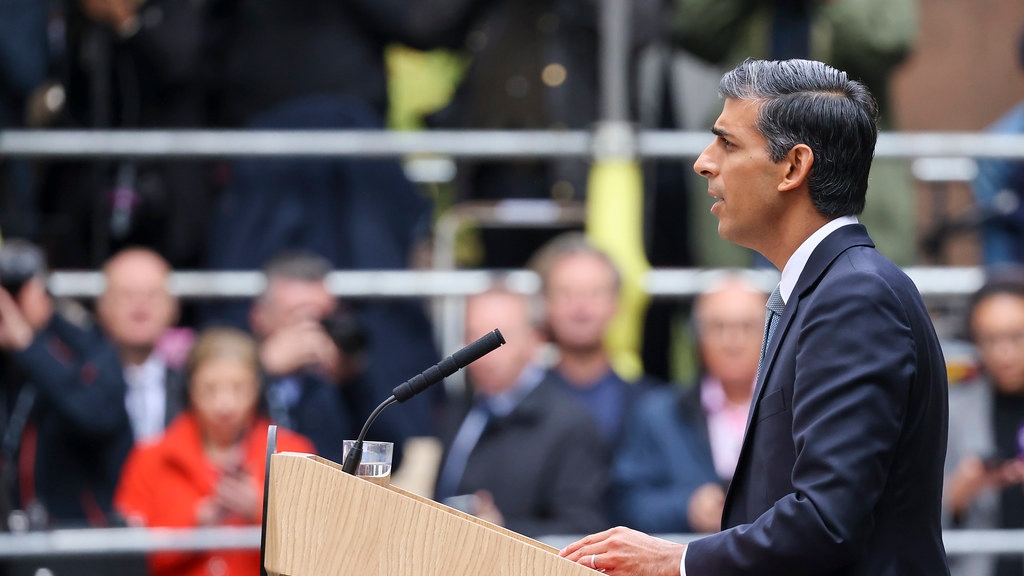
 The government has been under pressure to address the ‘cost of living crisis’ for UK households in the interest of fairness, at a time when economic stagflation and large public debt demand public finances are stabilised in the interest of economic efficiency. But was the 2022 Autumn Statement either fair or efficient, and are the two in competition? Kemar Whyte and Max Mosley assess the statement’s effect on households and suggest an alternative policy that would lower bills for those whose living standards are due the largest drop.
The government has been under pressure to address the ‘cost of living crisis’ for UK households in the interest of fairness, at a time when economic stagflation and large public debt demand public finances are stabilised in the interest of economic efficiency. But was the 2022 Autumn Statement either fair or efficient, and are the two in competition? Kemar Whyte and Max Mosley assess the statement’s effect on households and suggest an alternative policy that would lower bills for those whose living standards are due the largest drop.
The Chancellor of the Exchequer announced in the 2022 Autumn Statement that the government will deliver a plan to tackle the ‘cost-of-living crisis’ and rebuild the UK economy – noting his priorities are stability, growth and public services, and providing ‘fair solutions’ despite taking ‘difficult decisions’. But did the statement on 17 October 2022 prioritise stability and growth? And was it fair?
The key decisions the Chancellor Jeremy Hunt was faced with were the extent to which fiscal policy should be tightened over the medium term and, for any given fiscal tightening, how much should be carried out now versus in the future. Our view is that now is not the time for fiscal policy to tighten given the current economic situation of high inflation and falling real incomes and GDP. Therefore, the announced increase in support for the economy in the near term and the new targets – particularly setting the date for the public sector debt-to-GDP ratio to be falling further into the future – are steps in the right direction to foster growth.
Notwithstanding the need to control public debt, we continue to argue that fiscal policy must be sufficiently flexible to respond to changing circumstances, particularly the peculiar one the UK currently finds itself in. Indeed, we maintain that fiscal targets are, to a large extent, arbitrary, so fiscal policy should not be designed with an emphasis on them. Rather, fiscal plans should be laid out and appropriately analysed and scrutinised by the independent Office for Budget Responsibility (OBR) to ensure credibility and economic soundness. Taking this approach, and instead of focussing on arbitrary targets, we believe, would help stimulate economic growth and limit further reductions in UK households’ standard of living.
As is to be expected, however, it was what the chancellor failed to mention that was more telling. The reintroduction of OBR scrutiny brought with it a damning indictment of the previous attempts to help UK households. Their projected 7 per cent drop in real incomes translates as the single largest fall in living standards since records began. But perhaps this comes as unsurprising news to those who have read any analysis into the cost-of-living crisis or, worse, felt it first-hand. They will be familiar with the issues with the previous sets of support measures, including the energy price guarantee (EPG), which mostly end up lacking sufficient generosity for the poorest households. This is a direct consequence of their universal nature, a core issue at the centre of the EPG, which ends up benefiting the richest households disproportionately by capping prices for all household bills.
Although the chancellor announced the EPG will be extended beyond April 2023, he has made it less generous universally and more targeted with direct cash support to those on Universal Credit. This works as a way to paper over the cracks of a bad policy, but because this workaround does not tackle the core issue, it creates an unintended side effect. It means those on low incomes but not on Universal Credit will see their energy bills rise even further as a result of this measure. The revised version of the EPG beyond April, in conjuncture with the rise in Universal Credit, pensions and the living wage, means that minimum standards of living will not fall by as much as we had feared. But for those just doing well enough not to benefit from these measures but poor enough to be impacted by inflation, they will see a considerable hit to their living standards. This will worsen the financial situation of many of the nearly 6 million households we have projected to run out of all savings by 2024.
The concept of the ‘squeezed middle’ is firmly back, purely as a result unimaginative policies; it is neither efficient nor fair, and it does not have to be this way.
We have shown that by raising the cost of energy with usage, we could lower the bills for those on the lowest incomes (not just on Universal Credit) by up to 70 per cent and raise the bills for the richest by the same amount; this is an approach that could further alleviate high energy bills and in principle pay for itself.
By relinquishing dogma and a dependency to existing ideas, we are frequently able to marry the fair and the efficient together, stabilising the public finances in a way that does not mean working people have to pay the price.
About the authors
 Dr Kemar Whyte is Principal Economist in the Macroeconomics Modelling and Forecasting Team at NIESR.
Dr Kemar Whyte is Principal Economist in the Macroeconomics Modelling and Forecasting Team at NIESR.
 Max Mosley is an economist at NIESR in the Public Policy Team. He holds an MPA in Economic Policy from the LSE School of Public Policy.
Max Mosley is an economist at NIESR in the Public Policy Team. He holds an MPA in Economic Policy from the LSE School of Public Policy.
Photo: The Chancellor of the Exchequer delivers his Autumn Statement. Credit: HM Treasury. Licensed under CC BY-NC-ND 2.0.






